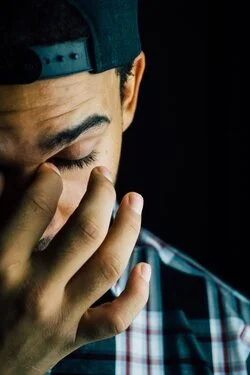For the past five years we have been running a successful mental health service called Be OK for young people aged 16-25. Young people have issues such as depression, anxiety, suicidal thoughts and obsessive compulsion disorder.
We offer an integrated holistic service with a whole person approach - not counselling - with quick access and with no end date. We have great partnerships with other local youth and mental health services which allows us to signpost and support the young people we work with to get the support they need, as quickly and effectively as possible.
Over the five years, we have listened closely to the young people we work with and worked with them to develop and tailor the service to their needs. Most recently we are aware that reducing isolation and loneliness is a key element to their recovery and so we are now offering more group work and social activities to compliment the one to one work we offer.
We provide the following elements to our service:
1) One-to-one mental health support - Individuals who contact or who are referred to the service have a meeting and discussion with a member of staff. Advice, information and sign-posting could be given. Ongoing support is then given to the individual to develop goals in a support plan.
2) Provision of group work and well-being activities - the service will offer a regular programme of social and well-being activities in small and supported groups which would help more vulnerable and isolated individuals in contact with the service, gain more confidence and skills in socializing in a safe and supported way allowing for a more resilient recovery.
3) Community awareness activities/events - We continue to work in partnership with other local organization and businesses alongside places of education to lead community awareness raising activities alongside our Open Minds anti-stigma and awareness raising project. Awareness raising activities work to change attitudes and behaviours around mental health and to break down stigma. Stigma prevents people from accessing support.
Due to the Coronavirus crisis, we have adapted how we are supporting young people and now offer video call and phone support sessions.
Last year, we supported 390 young people with mental health issues.


